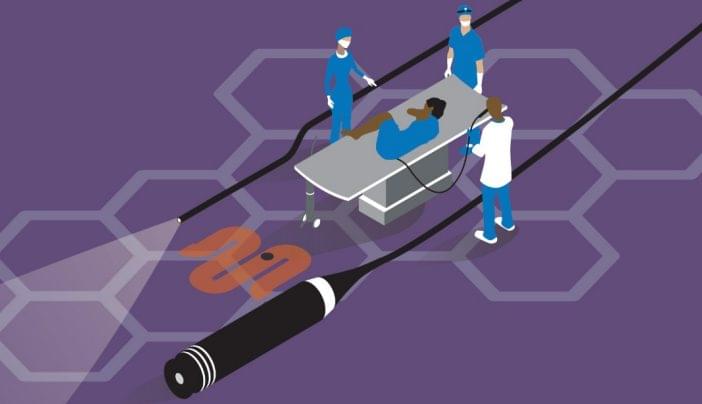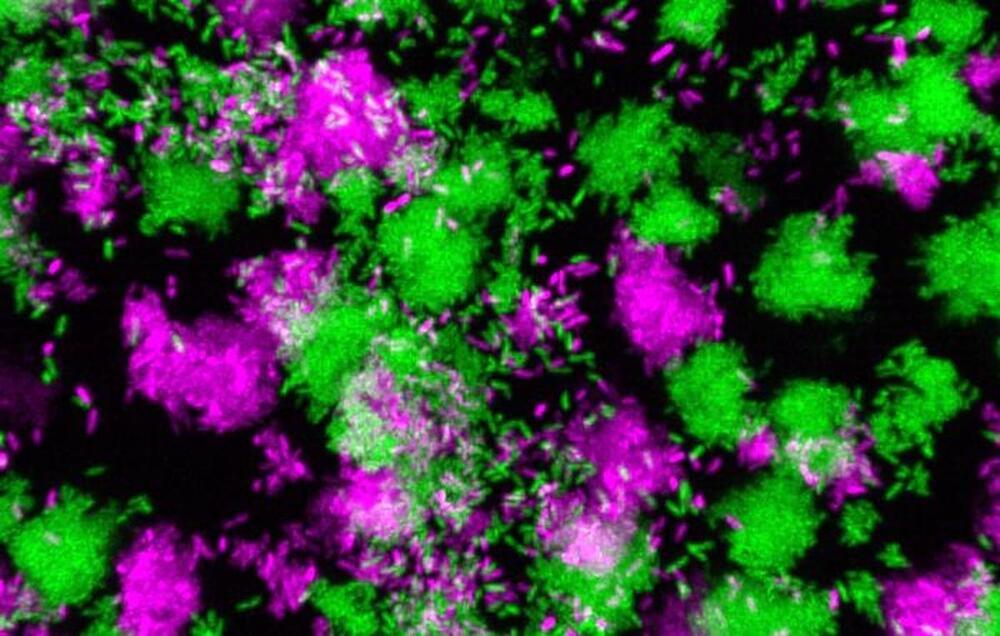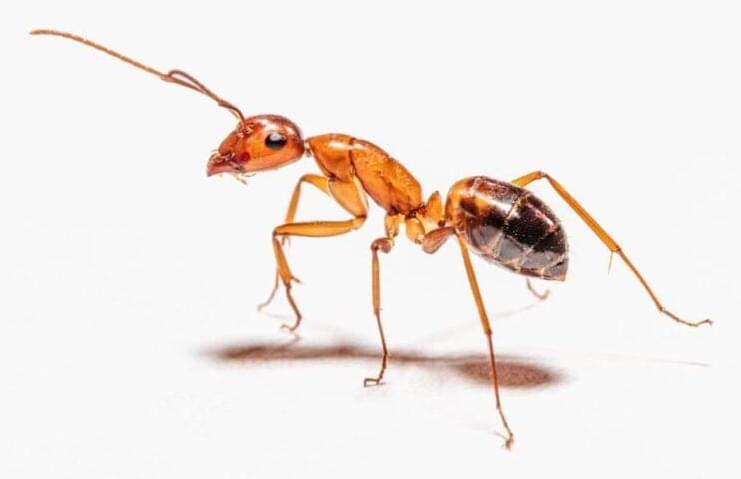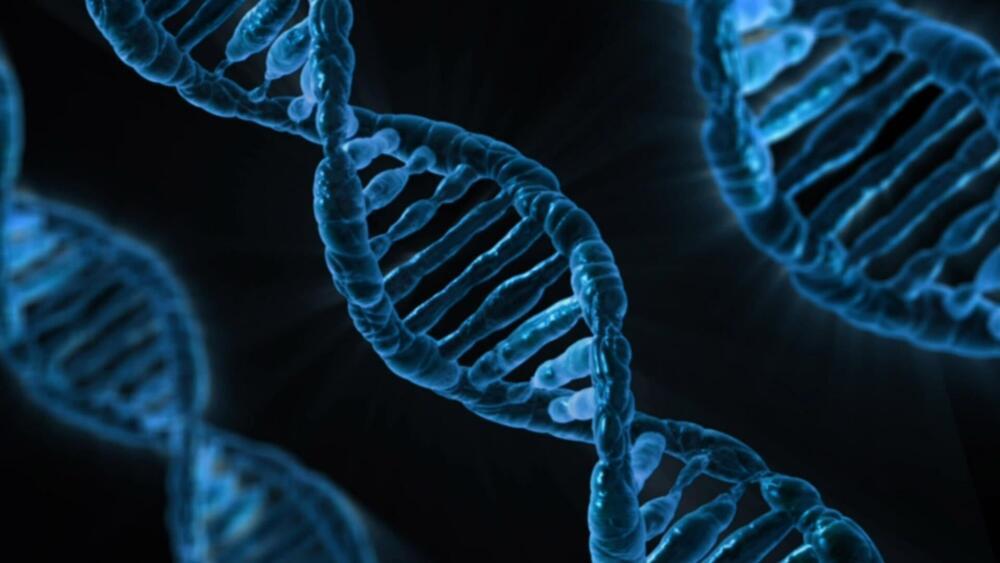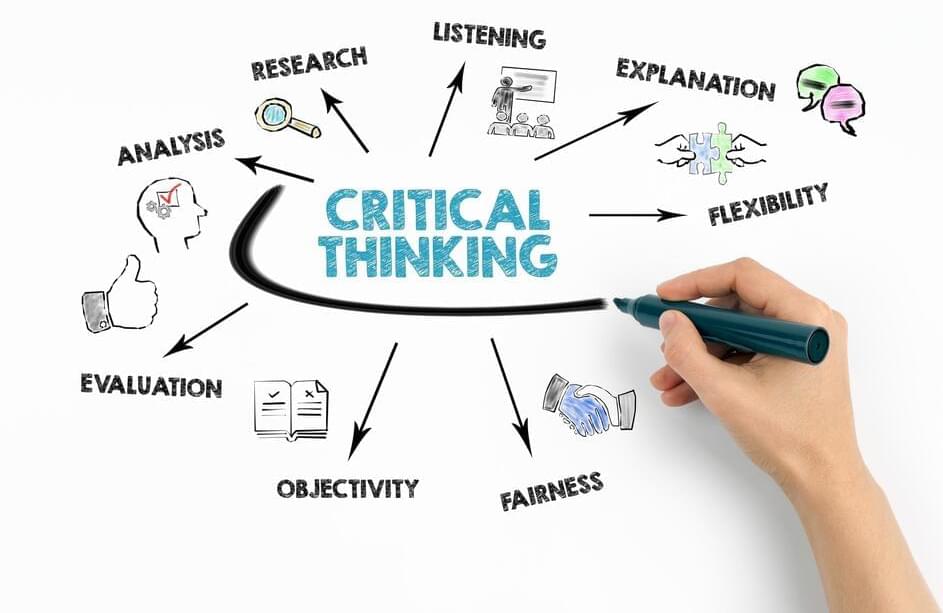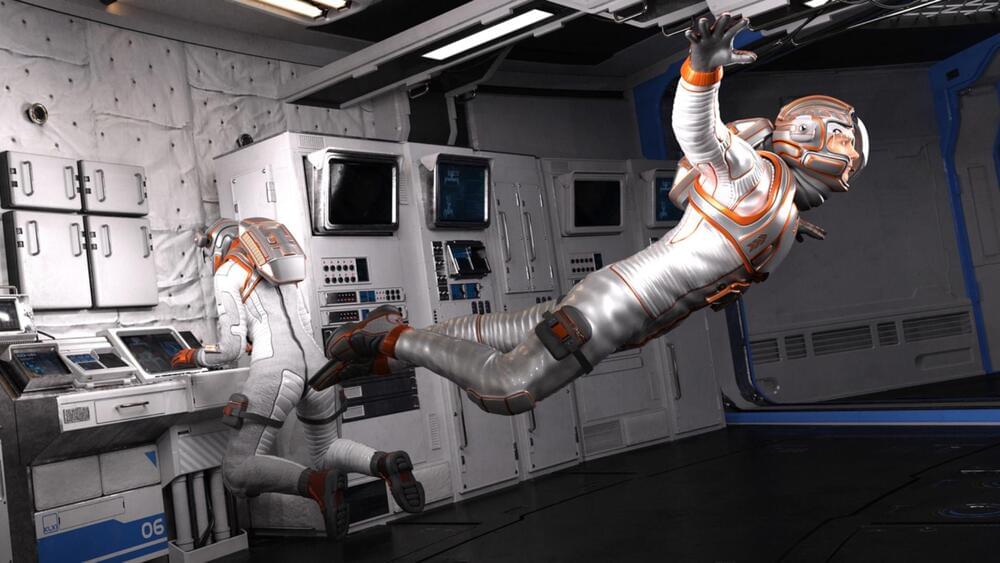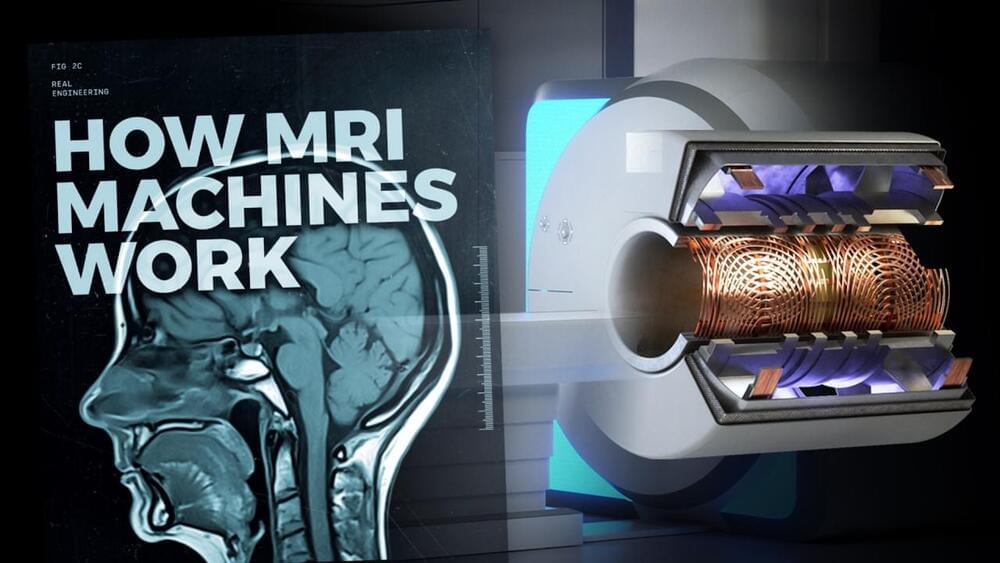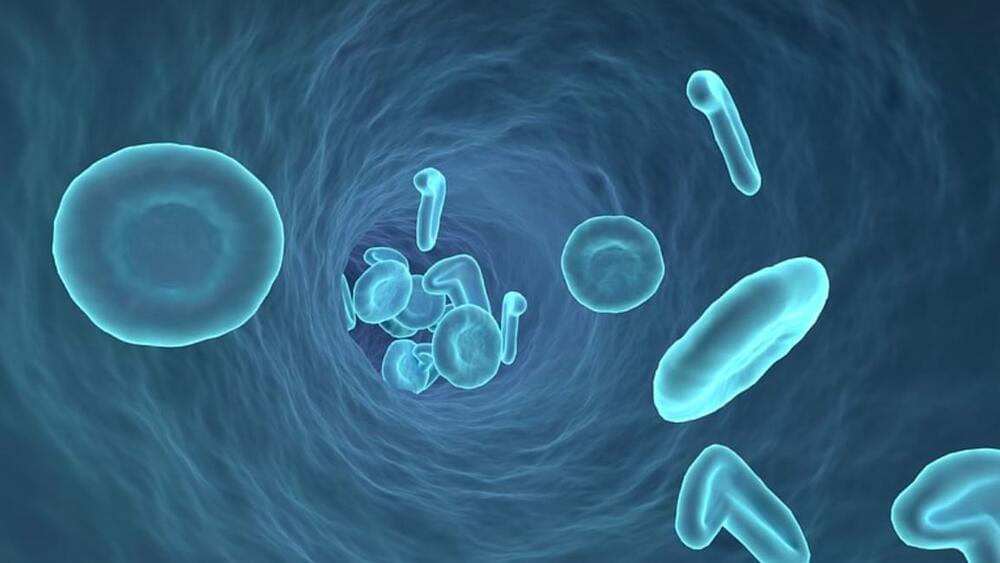Jun 22, 2023
How long does a colonoscopy take?
Posted by Shubham Ghosh Roy in category: biotech/medical
A colonoscopy is the best way to screen for colorectal cancer. Everyone at average risk for the disease should start getting them at age 45.
If you’re scheduled for your first colonoscopy, you may be wondering what to expect and how much time it will take. While the procedure itself could take as little as 20 minutes, once you factor in the prep and recovery time, the experience does take longer.
We spoke with gastroenterologist Mazen Alasadi, M.D., to learn more.
